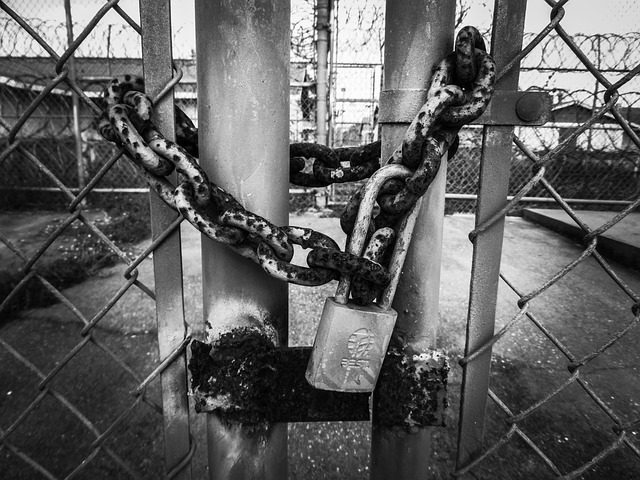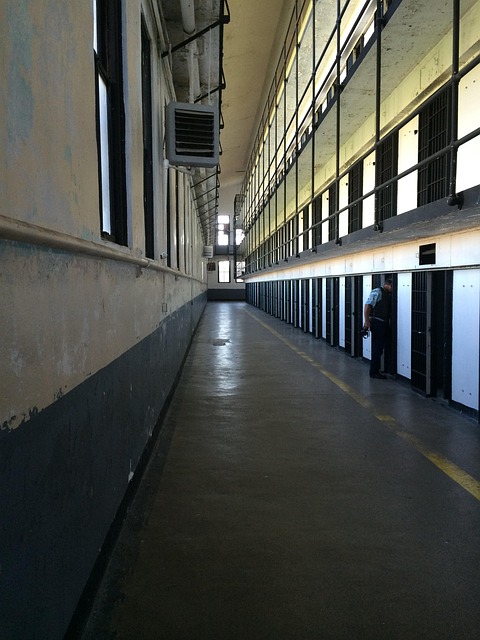College campuses nationwide enforce Zero Tolerance policies for issues like alcohol, drug abuse, sexual assault, and violent crimes, aiming for safe, disciplined environments. While effective, implementation varies between rural and urban institutions due to differing legal frameworks. Urban colleges tend to have stricter DUI laws, while rural campuses adopt more flexible approaches, influenced by transportation needs and limited access to services. This rural-urban DUI legislation contrast necessitates personalized policies that balance safety with the diverse student body needs in both settings, addressing disparities in campus safety measures and legal frameworks.
“College campuses across the nation have adopted ‘zero tolerance’ policies for issues like DUI, sparking debates about public safety versus student rights. This comprehensive guide explores the nuances of these stringent rules, highlighting the rural-urban divide in DUI legislation.
We analyze the impact on students’ lives, present case studies showcasing both success and challenges, and delve into legal implications, including how these policies affect individual freedom. Additionally, we examine alternative strategies for enhancing campus safety, moving beyond the traditional zero-tolerance approach.”
- Understanding Zero Tolerance Policies on College Campuses: A Comprehensive Overview
- The Rural-Urban Divide: Exploring DUI Legislation Disparities
- Impact of Strict Policies: Pros and Cons for Students' Safety
- Case Studies: Success Stories and Challenges in Implementing Zero Tolerance
- Legal Implications and Student Rights: Balancing Public Safety and Individual Freedom
- Alternative Approaches: Enhancing Campus Safety Beyond Zero Tolerance
Understanding Zero Tolerance Policies on College Campuses: A Comprehensive Overview

College campuses across the nation have been implementing Zero Tolerance policies, particularly in response to issues like alcohol and drug abuse, sexual assault, and violent crimes. These policies are designed to create a safe and disciplined environment for students, but their effectiveness and implications are often debated. Understanding these rules is crucial, especially when comparing rural and urban institutions.
In terms of DUI (Driving Under the Influence) legislation, for instance, urban colleges might have stricter laws due to higher population densities and more visible law enforcement. In contrast, rural campuses may adopt a more nuanced approach, considering factors like limited transportation options and potential barriers to accessing treatment services. This disparity highlights the need for personalized policies that balance safety with the unique needs of diverse student bodies.
The Rural-Urban Divide: Exploring DUI Legislation Disparities

In the realm of college campuses, discussions about zero-tolerance policies often highlight disparities between rural and urban settings. One notable area of divergence is the legislation surrounding Driving Under the Influence (DUI). Rural areas tend to have stricter DUI laws, often with lower blood alcohol limits and more severe penalties, compared to their urban counterparts. This divide can be attributed to several factors, including population density and varying social norms.
The rural-urban disparity in DUI legislation is a complex issue. Urban regions, with their higher population densities and diverse cultural landscapes, may have more flexible laws due to the belief that enforcement is challenging and that community contexts differ significantly from rural areas. In contrast, rural communities often face unique challenges related to transportation and limited access to public services, which can shape their legislative approaches to DUI, resulting in stricter regulations to ensure safety.
Impact of Strict Policies: Pros and Cons for Students' Safety

In recent years, college campuses have increasingly adopted zero-tolerance policies for various issues, including drunk driving (DUI), especially in light of rural vs urban DUI legislation disparities. These strict measures aim to uphold safety and discipline among students but come with a range of impacts, both positive and negative. On the pros side, zero-tolerance policies can act as a strong deterrent, potentially reducing incidents of DUI and related risks on campus. They also send a clear message that such behaviors won’t be tolerated, fostering a safer environment for all students.
However, critics argue that these policies may have unintended consequences. For instance, some students might face severe repercussions for minor infractions, hindering their educational opportunities. Moreover, zero-tolerance approaches often lack nuance, treating every case the same without considering extenuating circumstances. This can disproportionately affect students from marginalized communities or those with limited access to resources, further exacerbating existing disparities in rural vs urban settings.
Case Studies: Success Stories and Challenges in Implementing Zero Tolerance

Implementing a zero-tolerance policy on college campuses has yielded both success stories and challenges, especially when considering the urban-rural divide in DUI (Driving Under the Influence) legislation. In rural areas, where communities tend to be smaller and more tightly knit, strict enforcement of such policies can foster a sense of collective responsibility. For instance, some colleges in agricultural regions have reported decreased alcohol-related incidents on campus since adopting zero-tolerance measures, with students and local businesses alike taking ownership of maintaining a safe environment.
In contrast, urban campuses face distinct challenges due to their diverse student bodies and varying local laws, including those related to DUI. Where rural areas might have stricter legislation that aligns with campus policies, urban centers often host students from multiple states with differing legal ages and punishment frameworks for DUI offenses. These differences can complicate enforcement efforts, requiring creative solutions like partnerships between colleges and local law enforcement to ensure consistent application of zero-tolerance rules while respecting varying state laws, particularly in the context of rural vs. urban DUI legislation.
Legal Implications and Student Rights: Balancing Public Safety and Individual Freedom

College campuses across the nation are implementing strict “zero-tolerance” policies regarding student conduct, especially in response to growing concerns about public safety. These policies often involve severe consequences for violations, even minor ones, sparking debates around the balance between maintaining a secure environment and upholding individual freedom. One critical aspect to consider is the legal implications and how these rules intersect with student rights, particularly when it comes to issues like Rural vs Urban DUI Legislation.
While zero-tolerance policies aim to create a safe learning space, they must adhere to existing laws and regulations. In the case of substance abuse, such as driving under the influence (DUI), differing legislation exists between rural and urban areas, impacting student penalties. This disparity highlights the need for campuses to approach discipline fairly while recognizing the unique legal frameworks that govern their operations, ensuring due process rights are respected for all students.
Alternative Approaches: Enhancing Campus Safety Beyond Zero Tolerance

Many college campuses are reevaluating their “zero tolerance” policies, recognizing that strict punishment may not be the most effective approach to enhancing safety. Alternative strategies, such as comprehensive risk assessment and tailored interventions, offer promising paths forward. By implementing these methods, institutions can address underlying issues that contribute to problematic behaviors without resorting to draconian measures.
Consider the difference in DUI (driving under the influence) legislation between rural and urban areas. Rural regions often have stricter penalties, reflecting concerns about isolated communities and limited emergency services. Conversely, urban centers might adopt more nuanced approaches, focusing on education, community involvement, and targeted enforcement. This contrast illustrates how campus safety strategies can be tailored to specific contexts, balancing zero-tolerance measures with restorative practices for a more holistic approach.
While zero tolerance policies on college campuses have sparked debates, especially highlighting the rural-urban divide in DUI legislation, their impact on student safety is multifaceted. The case studies presented illustrate both successful implementations and challenges, underscoring the need for tailored strategies. Balancing public safety and individual freedoms, as discussed in legal implications, is crucial. As we move forward, exploring alternative approaches to enhance campus safety, such as comprehensive risk assessment and targeted interventions, can lead to more effective and inclusive solutions that address the unique needs of diverse student populations, bridging the gap between rural and urban institutions.






